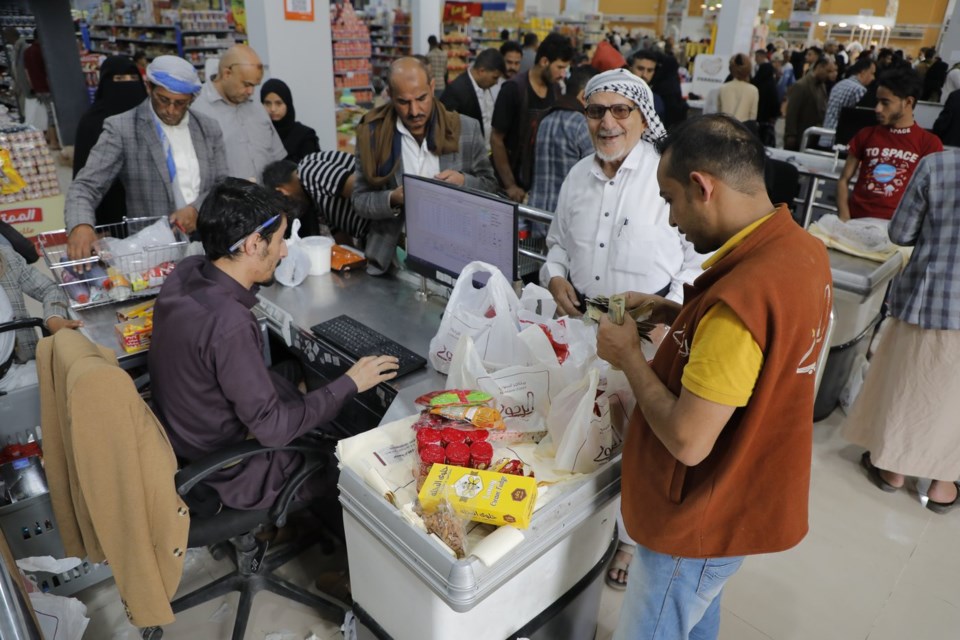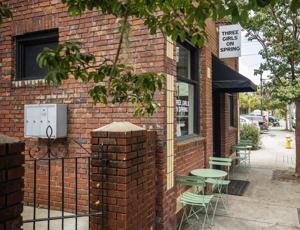CAIRO (AP) — More than half of households in Yemen are not eating enough due to poor economic conditions and a months-long pause in food assistance to millions of people in the rebel-held north, the United Nations food agency said Monday. The World Food Program update said “severe food deprivation” has reached the highest it's ever seen in parts of northern Yemen including Al Jawf, Al Badya, Hajjah, Amran, and Al Hodeidah. WFP stopped food assistance to the north in December, citing limited funding and the lack of agreement with the rebel authorities on downscaling the program.
WFP also said the southern part of Yemen, controlled by the internationally recognized government, also has “historic highs” of insufficient food consumption. Yemen’s civil war began in 2014 and has pushed the economy to the brink of collapse, affecting exports and the value of the local currency. The Iranian-backed Houthi rebels captured much of northern Yemen including Sanaa in 2014 and forced the internationally recognized government into exile.

A Saudi-led coalition intervened the following year to try to restore the government to power. Much of the south including Aden is governed by the secessionist Southern Transitional Council , a United Arab Emirates-backed group that is an ally of the internationally recognized government. Yemen is experiencing an economic divide fueled by the rivalry between the Houthi and the STC governments, who have established separate and independent central.























